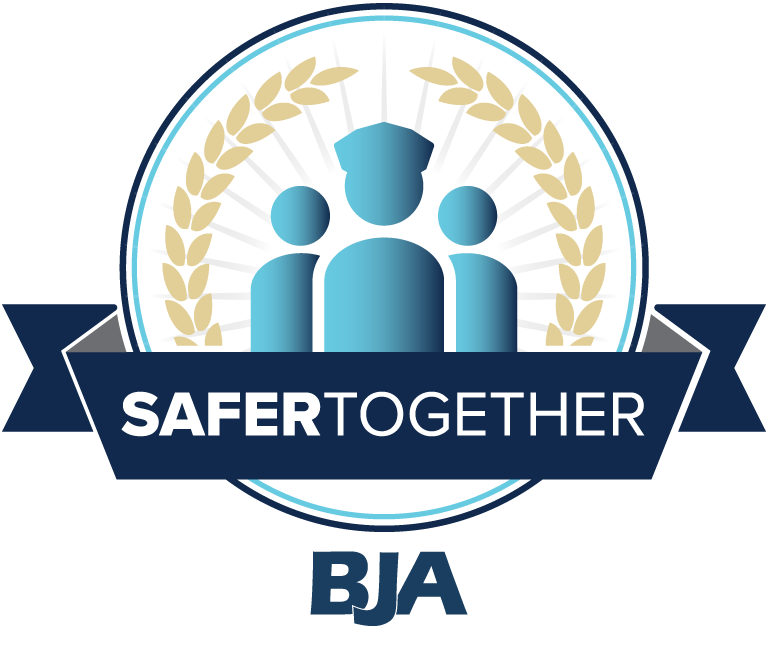Community safety doesn't start with a traffic stop—it begins with building trust. That's just one of the lessons Lieutenant James Jefferson III of the Louisiana State Police learned from the VALOR Safer Together training program.
VALOR Safer Together is a Bureau Justice Assistance (BJA) initiative aimed at building positive partnerships between police officers and the communities they serve to reduce crime and ensure safety and wellness for all.
There are three trainings available: frontline officer training, a command level training, and an executive briefing. Lt. Jefferson attended the eight-hour training course for frontline officers which stresses building trust, one interaction at a time, as a foundational basis to improve community climate, reduce crime, and boost officer well-being.
Lt. Jefferson understands the importance of building community trust—an officer planted the seed in him to consider a career in law enforcement.
Building Trust
"I'm from a single-parent household, and one of my saving graces was playing youth sports growing up," says Lt. Jefferson. "My youth coach at the time worked for Baton Rouge Police Department, and the mentorship, love, and support that I got from Coach Maynard "Beau" Dillion shaped my passion for law enforcement and is why I'm here today."
Lt. Jefferson's early introduction to law enforcement and how Coach Beau connected with the community is why he wanted to participate in Safer Together. The training focuses on helping law enforcement officers build trust to promote a healthier community climate, which means less stress and less danger for everyone.
"One of my biggest takeaways from the training is that every interaction matters. Being a Louisiana State Trooper, traffic stops are really what we do. And so, I invested, and still to this day invest, a lot of time on that interaction during a traffic stop."
Every Interaction Counts
The time during a traffic stop can make a difference in law enforcement.
"It's not just about writing a ticket or giving a warning. It's about building that relationship and getting to know the person you're interacting with. And that's what Safer Together has taught me. It's taught me how to build those relationships and interactions that will make a difference in the community." — Lieutenant James Jefferson III
Those relationships and positive interactions can promote public confidence in law enforcement and inspire police and community members to contribute to each other's safety and well-being.
Increased Safety for All
When officers work proactively to build trust and positive community relationships, they are more likely to be safe and successful in their jobs. In the report Understanding Community Policing from BJA, researchers found than trust and positive relationships increase cooperation and decrease fear. When people trust and feel safe around the police, they are more likely to cooperate with them, which can help to de-escalate situations and prevent violence.
Additionally, officers who feel supported by their community are more likely to stay in their jobs. The International Association of Chiefs of Police found that when there are issues with recruitment and retention, law enforcement agencies have a longer response time to calls, fewer crimes are solved and cleared, and officers are burned out—all of which affects the quality of life in our communities.
Lt. Jefferson is spreading the word about the program to other officers and agencies. He believes the program can help improve officer wellness and make law enforcement agencies more effective.
"Policing in 2023 is different from policing in 2003. We must acknowledge that community and police relations are equally important to officer wellness," says Lt. Jefferson.
"This training allows you to evaluate both areas and improve your officers and agency."
Have a story to tell? Let us know.


